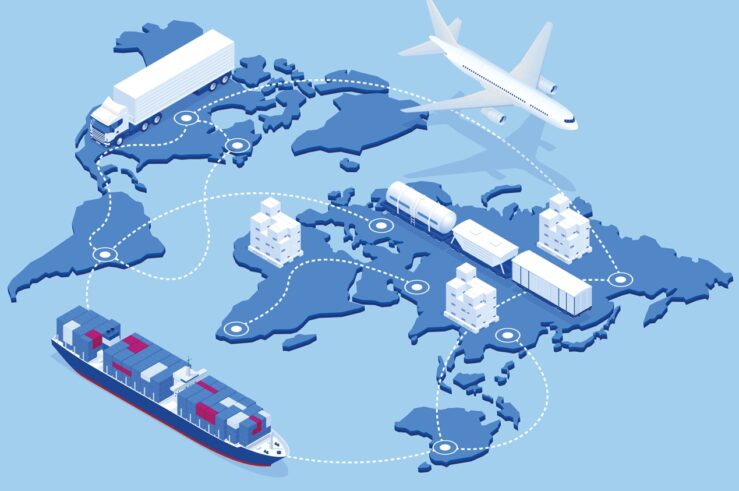Larry Ribstein and Jonathan Wilson are discussing the merits of lawyer licensing at Point of Law. I am especially interested in the discussion of whether lawyer licensing actually protects consumers of legal services from dishonest and incompetent lawyers. Wilson argues that removal of lawyer licensing may well result in lower prices for legal services, but will also the lower the quality of services provided to those without independent means to verify quality. In his own words:
The impact will be greatest on those who cannot afford lawyers now, the poor and the middle class. Today they rely on Legal Aid, legal clinics, friends, neighbors, relatives and self-help. They’ll still rely on these old standbys in a deregulated future, but they’ll also be tempted to try unlicensed alternatives and here is where the mischief will be made.
Online services and other unlicensed individuals will setup shop to sell legal services that they are prohibited from selling today. Their contributions to the legal “marketplace� will have no effect on the price of legal services to corporations, who will continue to buy top shelf lawyering, but they will sell their services to the poor and the middle class. To the extent their unlicensed services are deficient; it is the poor and the middle class who will feel the brunt of those failures. Will some unlicensed practitioners supply a need that is unmet today? Probably so. And so would the unlicensed doctor who might provide unlicensed healthcare at a cut rate with 90% accuracy. The problem will come from the 10% error rate.
Wilson’s argument begs the question of the state of evidence regarding the consequences of relaxing lawyer licensing restrictions. The testable implication of Wilson’s theory is that relaxations of lawyer licensing requirements should lead to lower quality services relative to those states with highly restrictive environments. Larry argues that there is no empirical support for Wilson’s predictions:
“[T]he exhaustive research that I did for Lawyers as Lawmakers: A Theory of Lawyer Licensing, 69 Mo. L. Rev. 299 (2004) revealed no credible arguments or data in support of the client protection rationale for lawyer licensing. Of course legal training provides important skills, as Jonathan argues in his recent post, and as I said in my post. But that doesn’t support licensing. Clients could be protected by markets, including certification by private organizations.
I am curious as to the state of the empirical evidence with respect to lawyer licensing and its impact on consumers. If I recall, the Federal Trade Commission has recently been involved in some advocacy efforts in favor of limiting the scope of unauthorized practice of law statutes. My sense is that a number of states must have relaxed unauthorized practice of law restrictions (I think Arizona is one), or similarly relaxed restrictions on lawyer licensing, such that one could directly test the impact of these restrictions on consumers in terms of prices and quality of service. There must be work on this somewhere. My quick Google search did not return anything right away, butdoes anybody know of empirical work in this area?




